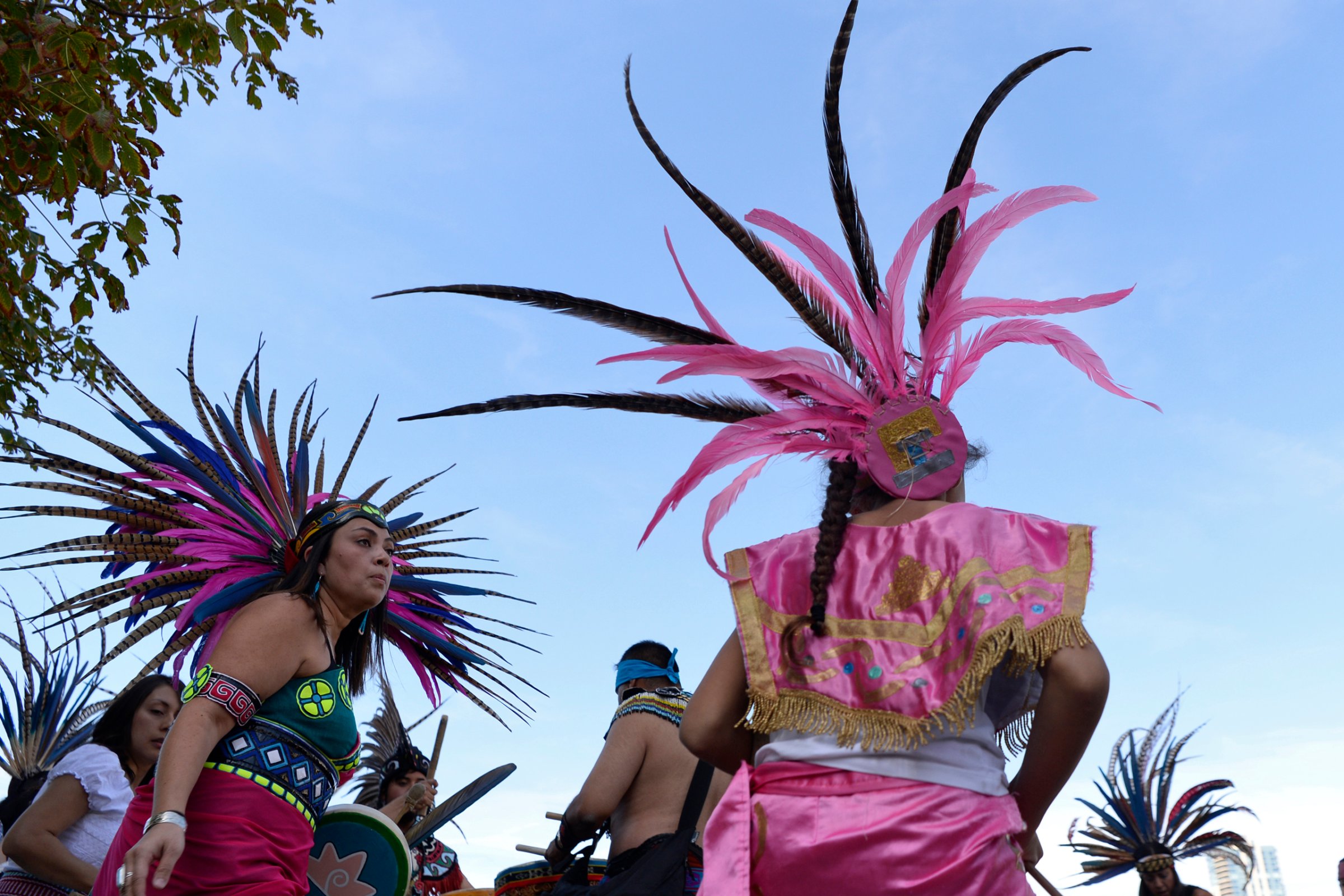
Vermont, along with the cities of Phoenix and Denver, are celebrating Indigenous Peoples Day instead of Columbus Day on Monday, joining at least 26 other American cities that have chosen to focus on Native Americans instead of Christopher Columbus’s arrival to the Americas in 1492.
Historians largely agree that Columbus did not discover the Americas, as people were already living there. The Italian explorer’s arrival led to the enslavement of the people in modern-day Haiti, the arrival of diseases that decimated local populations and the opening of the Americas to a painful history of colonialism, land grabs and enslavement.
The idea of Indigenous Peoples Day was first proposed in the 1970s, and in the 1990s in Berkeley, Calif. and South Dakota became the first city and state to replace Columbus Day with Indigenous Peoples Day.
“One of the biggest misconceptions about Columbus is that he was righteous. The truth is that he was wicked and responsible for the rape and murder of innocent indigenous people,” Leo Killsback, a Northern Cheyenne Nation citizen and assistant professor of American Indian Studies at Arizona State University, told CNN. “We should question why we as Americans continue to celebrate him without knowing the true history of his legacy, and why a holiday was created in the first place. He never landed in the [U.S.].”
More Must-Reads From TIME
- The 100 Most Influential People of 2024
- Coco Gauff Is Playing for Herself Now
- Scenes From Pro-Palestinian Encampments Across U.S. Universities
- 6 Compliments That Land Every Time
- If You're Dating Right Now , You're Brave: Column
- The AI That Could Heal a Divided Internet
- Fallout Is a Brilliant Model for the Future of Video Game Adaptations
- Want Weekly Recs on What to Watch, Read, and More? Sign Up for Worth Your Time
Contact us at letters@time.com